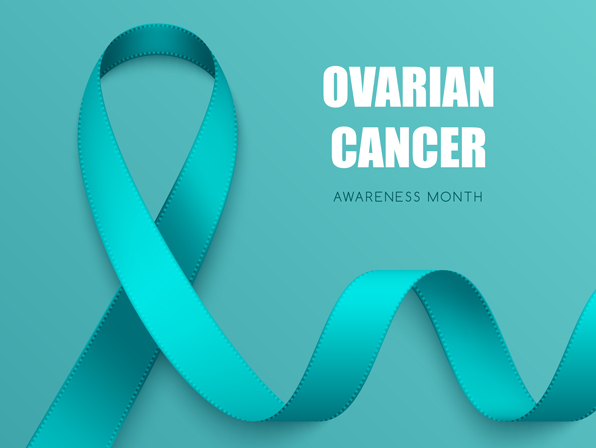Are you experiencing pain in the region below your belly button? This lower abdominal pain is known as pelvic pain. It may feel sharp or dull. It can be either sudden and intense (acute), or chronic – persisting for months.
In women, pelvic pain is fairly common and frequently connected to the reproductive system. There are many possible causes of pelvic pain. Here we respond to some common questions about it.
Where is the location of pelvic pain?
Pelvic pain is pain in your lower abdominal area (beneath your belly button, in the lower tummy).
What are the symptoms of pelvic pain?
There are different kinds of pelvic pain, with varying causes. It can be either intermittent or constant. It can be confined to a small area of the pelvis, or affect the whole lower abdominal region.
Chronic pelvic pain is that which continues for six months or more, and it can either be constant or come and go. On the other hand, acute pelvic pain begins strongly and abruptly, and needs to be investigated as soon as possible.
Different types of pelvic pain include:
- A sudden sharp, burning or stabbing sensation
- A pain that develops gradually but does not subside
- A throbbing pain, or cramping sensation, which may fluctuate
- A dull aching feeling
- A sensation of pressure
- A feeling of twisting or knotting
- Pain only during certain activities, for example urinating, exercising or having sex
Pelvic pain may be accompanied by other symptoms (see below).
What causes pelvic pain?
Pelvic pain in a woman could be down to one of many causes, but is often linked to the reproductive system. Pelvic pain could for example stem from:
- Menstrual pain
- Ovulation
- An infection in the urinary tract (UTI)
- Pelvic Inflammatory Disease (PID) which is commonly caused by a sexually transmitted infection such as chlamydia or gonorrhoea. It is easily treated but can lead to infertility and other problems if left untreated.
- Fibroids (non-cancerous growths consisting of fibrous tissue and muscle, that grow in or around the uterus)
- Endometriosis (a chronic condition in which tissue like that of the uterine walls grows in other places)
- Ovarian cysts (fluid-filled sacs that develop on the ovaries)
- Pelvic pain in pregnancy
In rare cases, pelvic pain may signal something more severe, such as uterine cancer, ovarian cancer or an ectopic pregnancy.
When is pelvic pain concerning?
Book an appointment with your gynaecologist or GP if:
- Your pelvic pain persists
- Your menstrual cramps have gotten worse
- You have experienced bloating for several weeks or more
- You have unexplained weight loss
- You have persistent diarrhoea or constipation
- You are experiencing pain during sex
- There is blood in your urine or stool
- You experience unusual vaginal bleeding or discharge
Seek medical advice immediately if you are experiencing pelvic pain and:
- It is intense, worsening, or is painful when you touch the pelvic region or move
- You struggle to pass urine or stools
- It hurts to pass urine or you need to pass urine more frequently
- You are pregnant or there’s a chance you could be pregnant
- You have a fever
How can I relieve pelvic pain?
The treatment of pelvic pain depends on what is causing it. For example, if it is due to pelvic inflammatory disease, you will be prescribed a course of antibiotics. If investigation indicates endometriosis, you may be prescribed hormone treatment in addition to painkillers, or less often laparoscopy surgery. In rarer cases such as acute and severe pelvic pain caused by ectopic pregnancy, surgery may be required. If a doctor suspects ovarian cysts, you will need to have a transvaginal ultrasound to confirm and, depending on the size and nature of the cyst(s), you may be prescribed hormone medication or need surgery.
Dr Albert Aka, Consultant Gynaecologist at The Gynae Centre and one of the UK’s leading women’s health doctors says: ‘Often pelvic pain is nothing to worry about but it is important to be safe. Don’t self-diagnose. Whether acute or chronic, you should see a doctor as soon as you can. They will ask about the nature and frequency of the pain, its intensity, whether it spreads to other places, your medical history and other conditions and symptoms.’
If you are experiencing pelvic pain or any other gynaecological issue, The Gynae Centre can help. Our experts are among the best in their field, and we can get to the root of any problem quickly and compassionately. For peace of mind book an appointment online.






